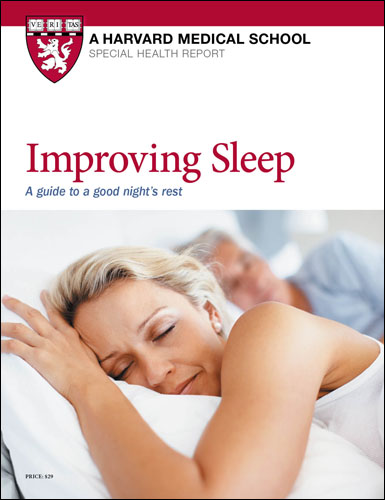Gadgets to help you sleep better: Do they work?
For many people, the nightly trip to dreamland is a difficult journey. Up to a third of all adults — including 30% to 48% of older people — have a hard time falling or staying asleep at some point, with about 10% developing chronic insomnia. So it’s not surprising that a wide array of gadgets claim to help you get more Z’s. Do they really help?
To continue reading this article, you must log in.
Subscribe to Harvard Health Online for immediate access to health news and information from Harvard Medical School.
- Research health conditions
- Check your symptoms
- Prepare for a doctor's visit or test
- Find the best treatments and procedures for you
- Explore options for better nutrition and exercise
I'd like to receive access to Harvard Health Online for only $4.99 a month.
Sign Me UpAlready a member? Login ».
About the Author

Heidi Godman, Executive Editor, Harvard Health Letter
Disclaimer:
As a service to our readers, Harvard Health Publishing provides access to our library of archived content. Please note the date of last review or update on all articles.
No content on this site, regardless of date, should ever be used as a substitute for direct medical advice from your doctor or other qualified clinician.
















